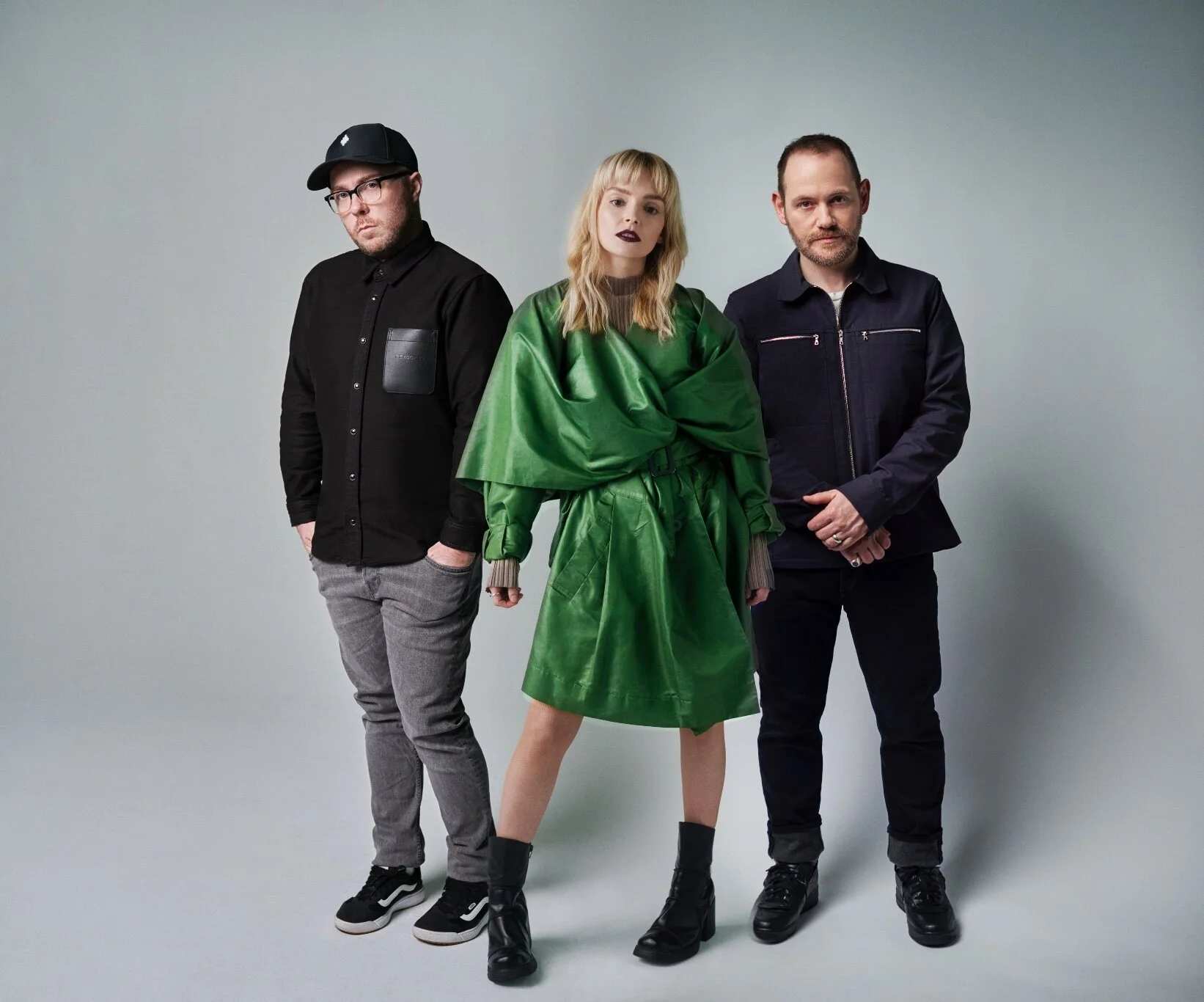Martin Courtney // Real Estate
“Songwriting can be painstaking, which is why I’m now trying to plow through it when I write.”
Martin Courtney of Real Estate says that songwriting can be a "painstaking" process, so he's trying something new. "I'm trying to plow through it, take a step back, then chip away at it," he told me. Courtney has also found fulfillment in writing about the small details of everyday life. These two elements are part of a larger retooling of Courtney’s process that emerged during the pandemic, when loss of work made him question his very identity as a songwriter. Since then, he’s been aiming for a “looser” songwriting process where he agonizes far less in the initial stages and instead just writes.
But he always has Strega Nona to fall back on. I have four kids and Courtney has three; that’s a lot of children’s books between us. So when I asked Courtney about his reading habits, naturally we started discussing children’s books. We agreed that Strega Nona by Tomie dePaola was a mutual favorite. (I was sad to learn when writing this piece that dePaola died in 2020 after complications from a fall.) Courtney is a heavy reader to be sure, but he’s also found a way to incorporate references to children’s books into some Real Estate songs.
Martin Courtney’s new album is called Magic Sign, out now on Domino Records.
*Photo by Sinna Nasseri
Falling asleep on the job is usually not a good thing. But Emily Haines says that if you’re in Metric, it can be a great thing.
A move to Upstate New York has given Derek Miller of Sleigh Bells two boons to his creative process: football and the chance to get really, really loud.
Lauren Mayberry of Chvrches has a songwriting process that involves spreadsheets, Pinterest boards, and hotel pens. And a jar full of scrap paper.
Steve Gunn’s songwriting process never stops. Even when he’s not writing, his receptors cast a long throw over his environment as he mines for ideas.
Whether he’s longboarding or reading to his kids or drawing, Bardo Martinez of Chicano Batman is always thinking about his next song.
“Raw source material is supposed to be crap,” Michelle Zauner says. “You have to allow yourself to be terrible.” Her best writing comes in the revision process, not in those “garbage” first drafts.
Josh Kolenik of Small Black draws from both Excel spreadsheets and Raymond Carver when he writes songs. He looks everywhere for inspiration. “It’s important to have a breadth of material to draw from,” he says.
There are days when the songs just won’t stop coming, says Bartees Strange. His job as an artist is to stand there and try to catch all those ideas. “It’s like holding a bucket outside in the rain,” he says.









Will Sheff believes in writing every day, first thing in the morning. But he’s also a firm believer in loafing.